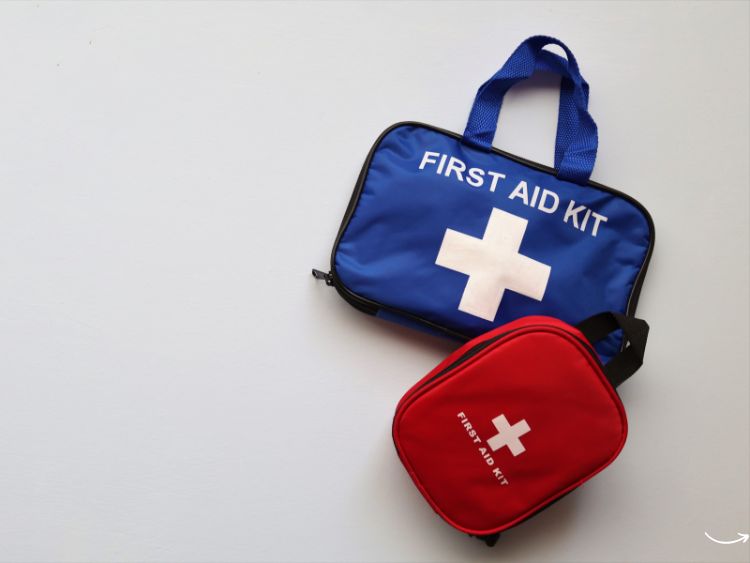When it comes to maintaining independence while receiving essential care, home health aides (HHAs) are a lifeline for many individuals. But what exactly does a home health aide do, and how can they make a difference in your or your loved one’s life? Let’s dive deep into the world of home health aides and uncover everything you need to know.
What is a Home Health Aide?
A home health aide is a trained professional who provides personalized care and assistance to individuals in the comfort of their own homes. These caregivers play a crucial role in supporting individuals who are elderly, disabled, or recovering from surgery or illness. The assistance HHAs offer allows clients to maintain their dignity, independence, and quality of life, all while avoiding prolonged stays in hospitals or nursing facilities.
The Role of a Home Health Aide
Home health aides wear many hats, and their duties can vary depending on the client’s needs. However, here’s a general overview of their responsibilities:
- Personal Care Assistance: Bathing, dressing, grooming, and toileting.
- Medication Management: Reminding clients to take medications as prescribed.
- Household Chores: Light housekeeping tasks such as laundry, vacuuming, and meal preparation.
- Health Monitoring: Checking vital signs and reporting any concerning changes to the healthcare team.
- Emotional Support: Offering companionship, a listening ear, and ensuring the client’s overall well-being.
Home health aides are not just caregivers—they become trusted companions, often developing strong relationships with their clients over time.
Why Hire a Home Health Aide?
Now, you might be asking, “Why should I hire a home health aide instead of opting for a nursing home or other care facilities?” Great question!
- Comfort of Home: One of the greatest advantages of hiring a home health aide is the ability to stay in the familiar environment of your own home. This can have a positive impact on the client’s mental and emotional well-being.
- Personalized Care: Home health aides offer one-on-one care tailored specifically to the individual’s needs. This level of attention isn’t always possible in larger care facilities.
- Affordability: In many cases, home health aides are more cost-effective than full-time residential care. You only pay for the services you need, whether it’s a few hours a day or full-time care.
- Family Peace of Mind: Knowing that a loved one is being cared for by a trained professional can alleviate stress for family members.
Qualifications of a Home Health Aide
Not just anyone can become a home health aide. It requires training, certification, and a caring heart. Here’s what you should look for:
- Certification: Most HHAs must complete a state-approved training program and pass a competency exam to ensure they’re equipped for the job.
- Experience: Many HHAs have prior experience in caregiving, which is always a plus.
- Interpersonal Skills: A good home health aide is compassionate, patient, and a great communicator. They need to be able to handle stressful situations with grace.
- Physical Stamina: The job can be physically demanding, so an HHA must be prepared for tasks like lifting or assisting clients with mobility.
How to Find the Right Home Health Aide
Finding the right home health aide can feel like a daunting task, but it doesn’t have to be. Here are some steps to help guide you:
- Define Your Needs: What specific care do you or your loved one require? Do you need help with personal care, medical tasks, or companionship?
- Use Trusted Agencies: Working with licensed home care agencies ensures that the aides are properly vetted, trained, and insured.
- Interview Candidates: Don’t be afraid to ask about their experience, certifications, and approach to care. It’s essential to find someone whose personality and skills align with your needs.
- Check References: A professional aide should have references from previous employers or clients. Don’t skip this step!
- Trial Period: Consider starting with a trial period to see how well the aide integrates into your household and whether they’re a good fit for the client’s needs.
Common Misconceptions About Home Health Aides
When it comes to home health aides, there are a few myths floating around that might make you second-guess hiring one. Let’s clear those up, shall we?
- Myth: Home health aides are only for the elderly.
Fact: HHAs assist people of all ages, from young adults with disabilities to those recovering from accidents or surgery. - Myth: Aides only handle medical tasks.
Fact: While some HHAs have basic medical training, they also provide essential personal care and emotional support. - Myth: Home health aides are too expensive.
Fact: Home care can often be more affordable than long-term nursing facilities, especially if only part-time care is needed.
FAQs About Home Health Aides
Q: How do I know if my loved one needs a home health aide?
A: If your loved one struggles with daily tasks like bathing, dressing, or remembering to take medications, it might be time to consider hiring an aide. They can provide the extra support needed without disrupting their routine.
Q: What’s the difference between a home health aide and a nurse?
A: While both provide care, nurses typically handle more complex medical tasks, while HHAs focus on daily living assistance. HHAs can monitor health but don’t perform medical procedures like nurses.
Q: Can home health aides work full-time?
A: Absolutely! Home health aides can be hired for full-time, part-time, or even temporary care, depending on your needs.
Conclusion
Choosing a home health aide can be one of the most significant decisions you make for yourself or a loved one. They offer a blend of personal care, companionship, and practical support that helps maintain independence and dignity. With the right aide, you can ensure comfort, security, and peace of mind for your loved ones—all within the familiar surroundings of their home.
Authoritative Resources
- www.medicare.gov
- www.caregiver.org
- www.nahc.org (National Association for Home Care & Hospice)



